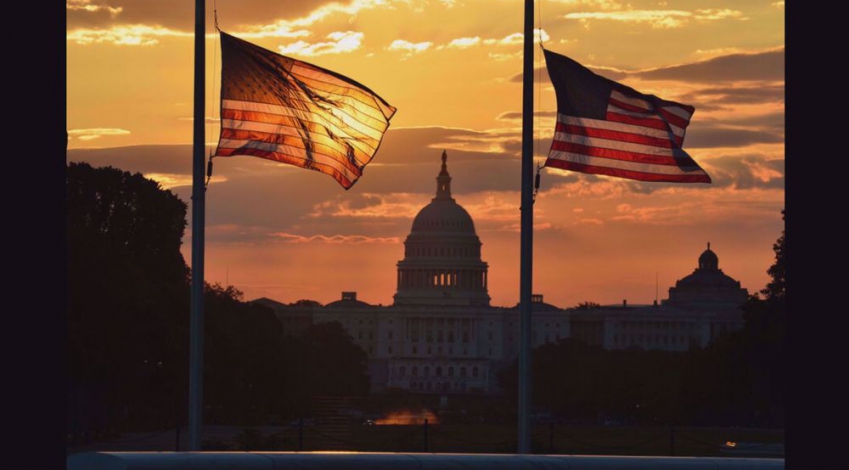Tuesday 22 March 2022 - 14:40
Story Code : 394746
Iran FM: Few remaining issues need US good faith to resolve
Washington has to remove the swinging sanctions which it has imposed on Iran, with the remaining sticking points reportedly being a guarantee in case a future US government abrogates the deal again and key Iranian institutions to be delisted.
"We are close to the final stage of the agreement. For the few remaining very important issues, we have presented initiatives to the United States through the EU Coordinator. It is now up to the American side to show its good faith in action," Amir-Abdollahian told his Iraqi counterpart Fuad Hussein over phone Monday night.
The negotiations began last April between Britain, China, France, Germany, Iran and Russia, with EU Coordinator Enrique Mora telling reporters last week that delegations were down to negotiating the footnotes of the text.
"We are determined to reach a good, strong and lasting agreement. Dr. Ali Bagheri, Iran's chief negotiator, is in direct and constant contact with Enrique Mora, the coordinator of the talks," Amir-Abdollahian said on Monday.
The Wall Street Journal wrote that the final hurdle to reviving the deal is lifting terrorism sanctions on the Islamic Revolution Guards Corps (IRGC). The issue, it said, is galvanizing opposition to the deal in Washington and among Middle Eastern allies such as Israel.
"Senior US officials say a failure to quickly reach a compromise with Iran on the issue could lead to a breakdown in negotiations which, in nearly a year, have resolved almost all other disagreements," the paper wrote on Monday.
The Journal cited people familiar with the talks as saying that the US team dangled the possibility of lifting the IRGC�s terrorism designation last spring with the approval of some in Washington.
"At the time, there were also strings attached. However, Team USA withdrew the offer due to senior management concerns," it said without elaboration.
Now Washington is behind the offer to lift the terrorist designation, acknowledging that without the step Tehran could walk away from a deal, the paper said, citing US officials.
"The IRGC designation highlights the cross-currents facing the Biden administration�s efforts to revive the nuclear deal," the Journal said.
The IRGC�s listing was part of a series of steps taken by the Trump administration to list Iranian individuals and entities under terrorist sanctions. It was the first time Washington had designated an element of a foreign state as a terrorist entity.
The Journal noted arguments by those who say terrorism sanctions have little economic effect and have done nothing to reduce the regional role of the IRGC.
On the Capitol Hill, there is a dizzying state of flux. Last week, 49 Republican senators issued a joint statement pledging to oppose any agreement that imposes weaker sanctions and fewer restrictions on Iran�s nuclear program than the initial agreement.
There are also doubts whether it is currently a good time to negotiate a new agreement when US relations with Russia and China, two signatories to the original Joint Comprehensive Plan of Action (JCPOA), are at a multiyear low, The Hill said on Monday.
There are concerns that a new deal could wind up steering billions of dollars to Russia as it would allow the country�s president, Vladimir Putin, to continue doing nuclear energy business with Iran, the Washington-based paper wrote.
Democratic Sen. Ben Cardin said the deteriorating relationship with Russia and China posed obstacles to negotiating a new deal and that it might be better to wait in hopes of crafting a "stronger agreement" later.
�We know the dynamics among the partners are dicey at best,� he said. �We knew our relationship with China has changed. Our relationship with Russia has changed," Cardin said,adding waiting to renegotiate the deal �may be the best strategy�.
�We�re deeply concerned about the direction of negotiations based on reports,� The Hill quoted Marshall Wittmann, the spokesman for the American Israel Public Affairs Committee, as saying.
By PRESS TV
# Tags











